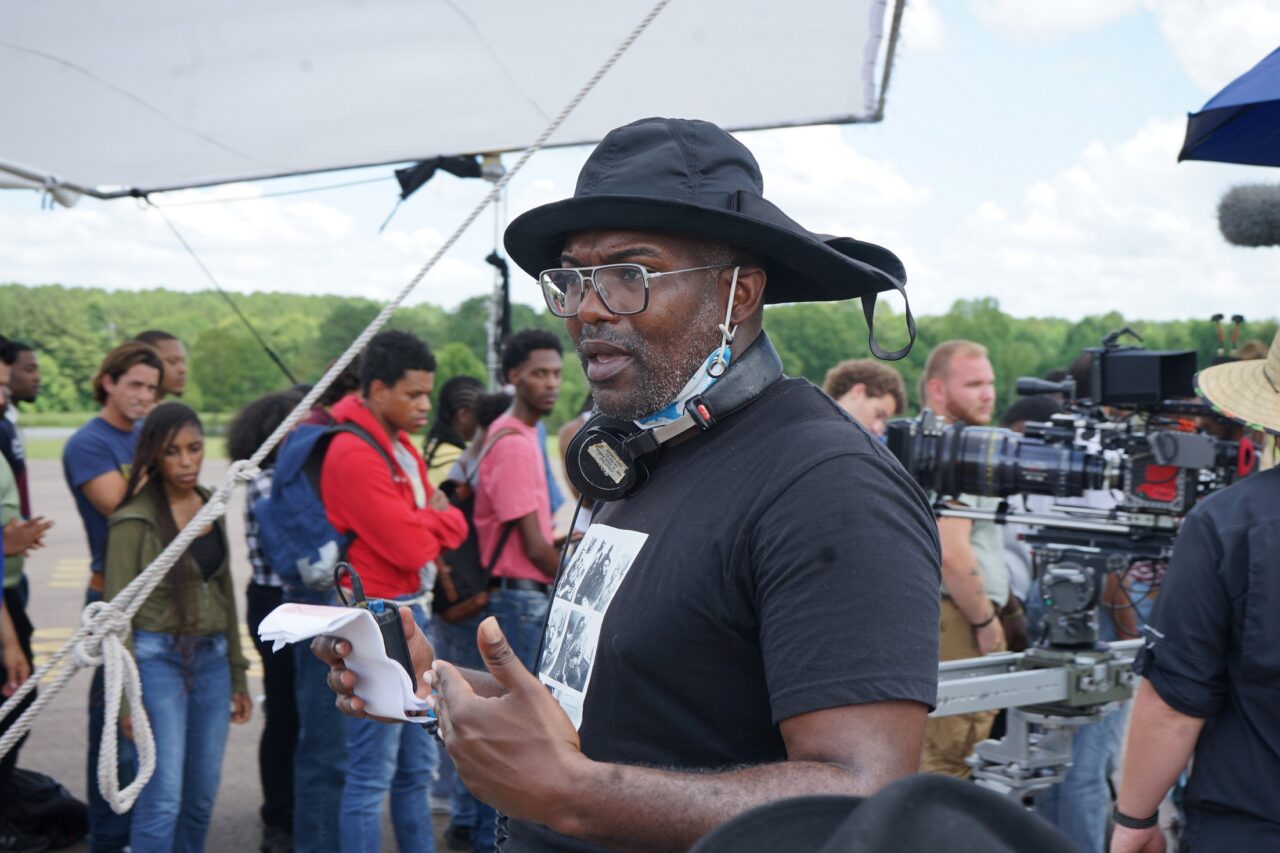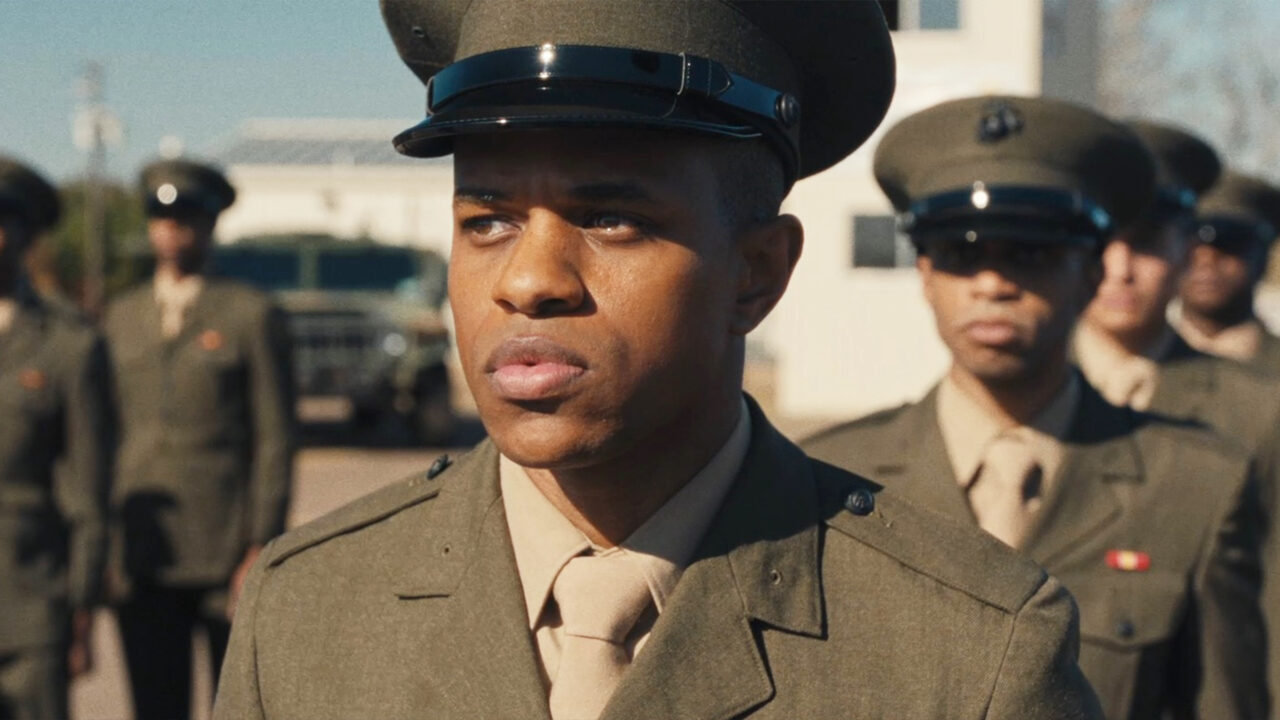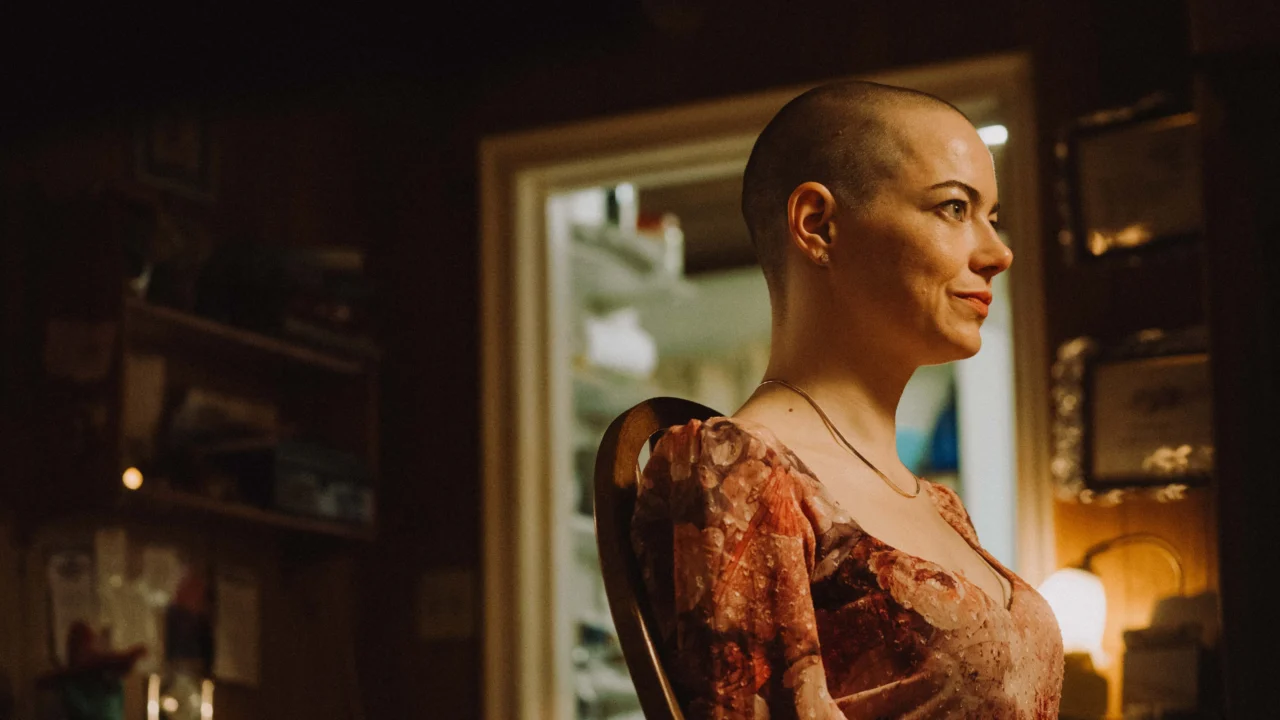Produced by A24 and directed by Elegance Bratton, “The Inspection” is on screens nationwide. Described as reminiscent of Stanley Kubrick’s “Full Metal Jacket,” this film examines the diversity of identities.
INDEX
The new A24 production is a story inspired by the director’s real-life experiences
The Inspection, produced by A24, is the feature film debut of upcoming director Elegance Bratton. Director and screenwriter Bratton once lived as a homeless when he was 16 years old until he joined the Marine Corps. He began his career as a video recorder. This film is based on the director’s real-life experiences.

The film is set in the U.S. in 2005, during the protracted war in Iraq. French (Jeremy Pope), who has been abandoned by his mother for being gay and forced to live homeless since he was 16, volunteers to join the Marines to survive. There, he faces training and discrimination that denies his humanity. French confronts the irrationality even though he is nearly broken, and gradually his surroundings change as well.

INDEX
Harsh marine corps training and minorities
This film depicts three months of grueling training. There, they are even condemned to say “I,” and once stripped of their independence, they are thoroughly re-educated in order to be reborn as soldiers. At one point in the film, the characters are watching “Jarhead” (2005), and it can be said that “The Inspection” is a film in the same vein as “Jarhead” and “Full Metal Jacket” (1987), both of which are about the training of new soldiers. In particular, French is noticed and hurt by his instructors because of his sexuality. The film has also been described as a “queer full metal jacket.”

However, the way the military is perceived in this film is complex. In “Full Metal Jacket,” the film expressed the insanity of human beings being driven into a corner by military training. In “The Inspection,” minorities from diverse backgrounds such as race, gender, sexuality, religion, and poverty endure intolerance and discrimination within the military and manage to hold their own without descending into madness.
For French, who had no place in society, the military is also a place where he can show his abilities and gain recognition, and a place of solidarity with his peers who have overcome training. And his sexuality is tolerated as long as it is not made public. The military’s rule that one cannot freely express one’s identity, which was highly discriminatory and has now been abolished, is depicted positively only in the dialogue with French’s mother, who prefers to be straight.
























